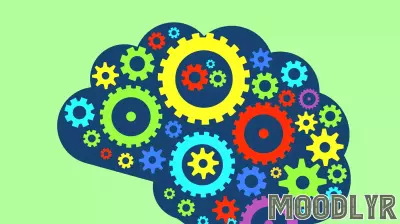December 8, 2024 - 11:43

Having a deeply ingrained moral compass is often seen as a virtue, guiding individuals toward ethical decisions and compassionate actions. However, according to psychological insights, this honorable trait can also lead to significant emotional distress for those who possess it. Individuals with a strong sense of morality may find themselves grappling with the weight of their values, particularly when faced with situations that challenge their beliefs.
This internal conflict can manifest in various ways, including anxiety, frustration, and even feelings of isolation. People who hold themselves to high ethical standards may struggle to reconcile their ideals with the complexities of real-world scenarios. As a result, their unwavering commitment to doing what is right can sometimes lead to self-doubt and emotional turmoil.
To navigate these challenges, experts suggest that a flexible approach to morality is essential. By allowing room for nuance and understanding the complexities of human behavior, individuals can mitigate the emotional burden associated with their strong moral convictions. Embracing this adaptability can foster resilience and promote mental well-being, enabling individuals to uphold their values without compromising their emotional health.



